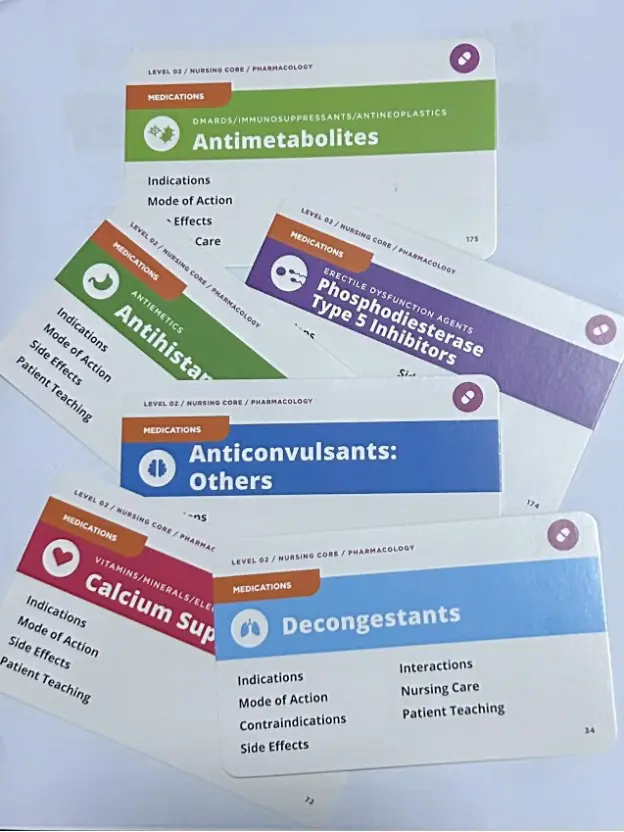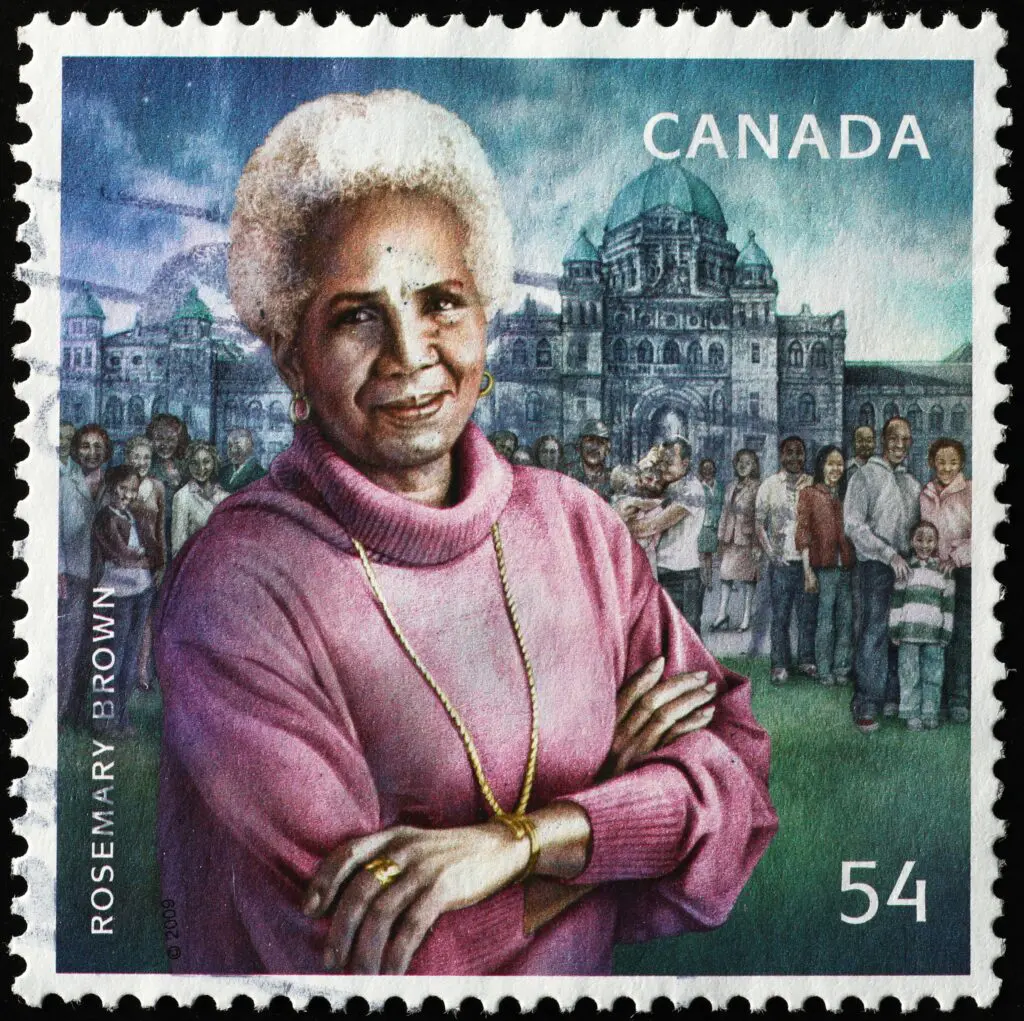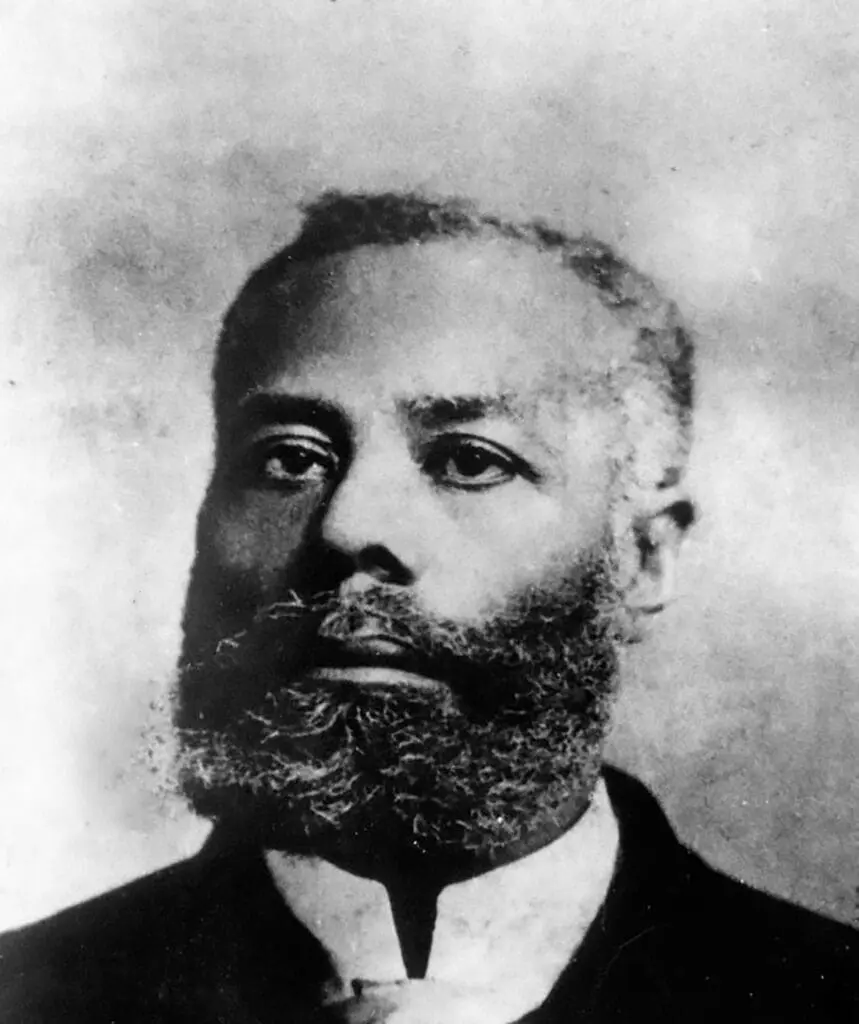I’ve identified three types of conflict that CSWs will encounter in the field. Conflict between support workers and the individuals they support, conflict between a support worker and a supervisor/another support worker and conflict between two individuals that we support.
In order to create conflict-free zones in the workplace I suggest never arguing with anyone or better yet, just don’t talk to anyone, ever so there will never be a reason to argue!
Ok that is obviously not going to work. Conflict and communication go hand in hand but there are proper ways to deal with conflict and toxic ways to deal with conflict.
A lot of the conflict between support workers and the individuals they support could be avoided if the support worker read the file on the individual, is aware of the individual’s triggers, and behaves accordingly. If you read in someone’s file that they are very stubborn and don’t like being bossed around, and then you boss them around and tell them hurry up, then you might find yourself in the middle of a conflict. It is possible that an individual may be upset with you for no valid reason as well. Human behaviour can be unpredictable. We all have bad days and so do the individuals we support. I’ve learned that it is very important to have thick skin and not to take things personally when conflicts occur between yourself and the individuals you are supporting.
Another form of conflict found in the field is conflict between co-workers. This phenomenon is not unique to community support workers but I’ve noticed that conflict could be significantly reduced if lines of communication remain open. If support worker A wants support worker B to do a certain task, then perhaps support worker A should communicate that wish to support worker B beforehand and not after the task was supposed to be performed. I think employers should provide workshops or provide tools for support workers to develop their communication skills.
The third type of conflict that I’ve noticed in this field is conflict between the individuals we support. It is very important to read the files of the individuals we support because it will contain pertinent information about what makes them happy and angry, as well as who their friends are and who they do not get along with. I’m almost certain that everyone who reads this can think of one person they do not get along with, and that can apply to the people we support as well.
I noticed individual A was in a bad mood and he went to confront individual B. Individual B went to the bathroom, so individual A waited outside the bathroom for this person. I tried to distract individual A with light conversation but it did not work. Individual B got out of the bathroom and was confronted. Luckily things did not turn physical and individual A just wanted to let the other person know that he was not happy with something Individual B said. At that point another support worker saw what was happening and spoke to Individual A to calm him down and to reassure him that the issue would be resolved. I was happy that nothing serious happened, especially since I read about the aggressive behaviour of Individual A in their file.
It is very important for support workers to monitor the behaviour of the individuals we support. Small things can easily set people off and they can go from zero to 100 real quick.






